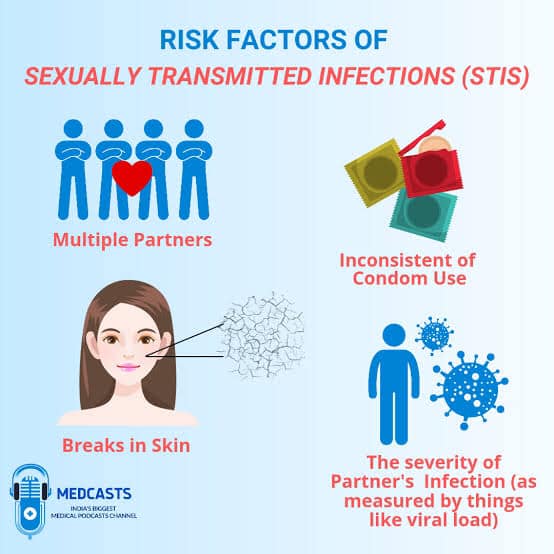The nurse caring for a woman hospitalized for hyperemesis gravidarum should expect that initial treatment will involve:
an antiemetic such as pyridoxine to control vomiting.
IV therapy to correct fluid and electrolyte imbalances.
enteral nutrition to meet nutritional needs.
corticosteroids to reduce inflammation.
The Correct Answer is B
Choice A reason: An antiemetic such as pyridoxine may be used to control vomiting in women with hyperemesis gravidarum, but it is not the initial treatment. The first priority is to restore fluid and electrolyte balance and prevent dehydration and hypovolemia.
Choice B reason: IV therapy is the initial treatment for women with hyperemesis gravidarum. It helps to correct fluid and electrolyte imbalances, prevent dehydration and hypovolemia, and restore normal blood pressure and urine output. IV fluids may also contain glucose, vitamins, and electrolytes to replenish losses.
Choice C reason: Enteral nutrition may be used to meet nutritional needs in women with hyperemesis gravidarum, but it is not the initial treatment. Enteral nutrition involves feeding through a tube inserted into the stomach or intestine. It may be considered if oral intake is not tolerated or adequate after IV therapy.
Choice D reason: Corticosteroids are not used to treat hyperemesis gravidarum. They are used to reduce inflammation in conditions such as asthma, rheumatoid arthritis, and allergic reactions. They have no effect on nausea and vomiting in pregnancy.
Nursing Test Bank
Naxlex Comprehensive Predictor Exams
Related Questions
Correct Answer is ["B","C","D"]
Explanation
Choice A reason: Abstinence is the avoidance of sexual activity, which reduces the risk of exposure to STIs. It is not a sexual risk behavior.
Choice B reason: Multiple sex partners increases the likelihood of exposure to STIs, especially if the partners are not tested or treated. It is a sexual risk behavior.
Choice C reason: Unprotected anal intercourse exposes the mucous membranes of the rectum and anus to potential pathogens, which can cause STIs such as gonorrhea, chlamydia, syphilis, and HIV. It is a sexual risk behavior.
Choice D reason: Oral sex involves contact between the mouth and the genitals or anus, which can transmit STIs such as herpes, HPV, gonorrhea, and syphilis. It is a sexual risk behavior.
Choice E reason: Dry kissing is the contact between the lips without the exchange of saliva, which does not transmit STIs. It is not a sexual risk behavior.

Correct Answer is D
Explanation
Choice A reason: Cramping is a common symptom of pregnancy, especially in the third trimester, due to the stretching of the ligaments and muscles that support the uterus. It is not a specific sign of abruptio placentae, which is the premature separation of the placenta from the uterine wall.
Choice B reason: Uterine activity is a normal phenomenon of pregnancy, as the uterus contracts and relaxes periodically. It is not a specific sign of abruptio placentae, which is associated with increased uterine tone and tenderness.
Choice C reason: Bleeding is a possible sign of both abruptio placentae and placenta previa, which is the implantation of the placenta over or near the cervical os. However, bleeding is more common and severe in placenta previa than in abruptio placentae, as the latter can have concealed hemorrhage.
Choice D reason: Intense abdominal pain is the most prevalent clinical manifestation of abruptio placentae, as the blood accumulates behind the placenta and causes pressure and irritation of the uterine nerves. It is a distinguishing sign from placenta previa, which is usually painless.
Whether you are a student looking to ace your exams or a practicing nurse seeking to enhance your expertise , our nursing education contents will empower you with the confidence and competence to make a difference in the lives of patients and become a respected leader in the healthcare field.
Visit Naxlex, invest in your future and unlock endless possibilities with our unparalleled nursing education contents today
Report Wrong Answer on the Current Question
Do you disagree with the answer? If yes, what is your expected answer? Explain.
Kindly be descriptive with the issue you are facing.
